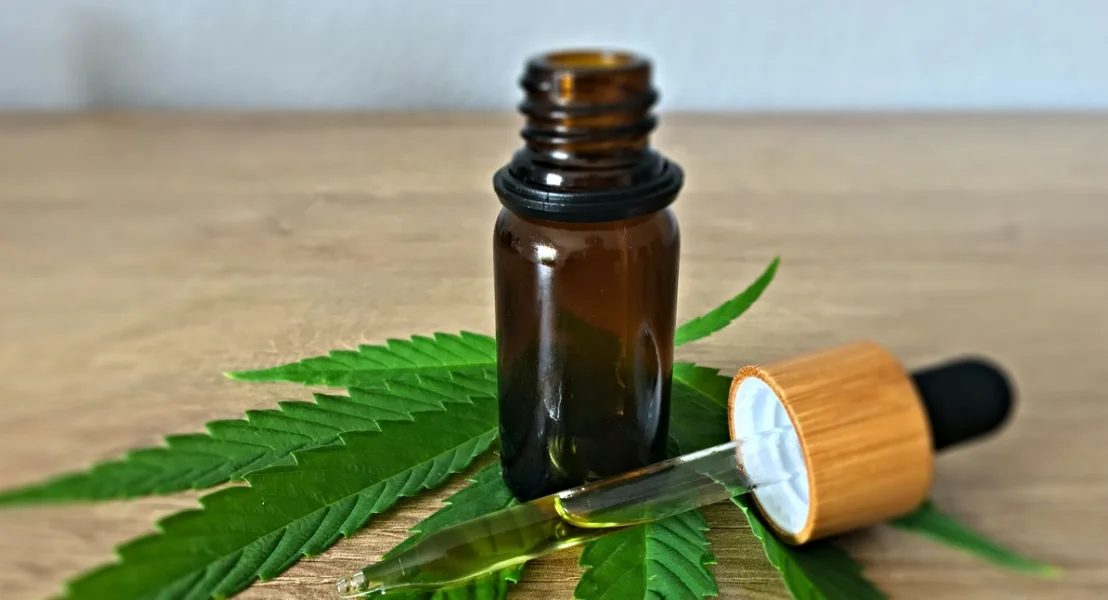CBD oil and Hemp seed oil are two popular ingredients found in many skincare products on the market these days. While both offer several benefits to the skin, they do have different properties that make them unique. In this post, we explore the benefits and drawbacks of using cbd oil in your skincare and compare it to the commonly used hemp seed oil. We also look at the safety aspect of using CBD oil and whether it can be used as a substitute for hemp seed oil. So, if you are still confused about which oil to use in your skincare routine, read on to find out all that you need to know before making a decision.
What are the benefits of using CBD oil?
While CBD oil and hemp seed oil may appear similar, they have unique benefits. CBD oil is used as a natural remedy for a variety of physical and mental conditions. CBD oil can replace hemp seed oil in various skincare applications because of its anti-inflammatory properties that promote skin health. Its natural properties may alleviate symptoms of anxiety and other mental health issues.
In addition, CBD oil can also serve as a substitute for traditional oils in hair and beauty products to enhance their effectiveness. However, it is essential to note that these oils have distinct differences, and one may not substitute the other entirely. If in doubt, consult with a medical professional before using any form of CBD or hemp product.
What are the drawbacks of using CBD oil?
While some people may consider using CBD oil in place of hemp seed oil, it’s important to keep in mind the drawbacks associated with CBD oil usage. CBD oil is not as effective as hemp seed oil when it comes to treating skin conditions since it does not contain the same fatty acids and nutrients that are essential for healthy skin. CBD oil is also not as stable as hemp seed oil when it comes to storage, meaning it can quickly degrade and lose its potency.
Additionally, CBD oil can cause some adverse effects when taken in high doses, such as dizziness, nausea, and dry mouth. Therefore, it’s not recommended for pregnant women or children to consume CBD oil. In summary, while CBD oil may have some potential benefits, it’s important to consider its drawbacks before replacing hemp seed oil with it.
Is CBD oil a substitute for hemp seed oil?
CBD oil can be considered as a substitute for hemp seed oil, but it is important to note that they have some key differences. CBD oil has a lower concentration of THC, is non-GMO, and is derived from the hemp plant, but it does not contain the same cannabinoids as hemp seed oil. It may be a good alternative for some people who prefer CBD oil over hemp seed oil, but it is always important to consult with a healthcare professional before making any dietary changes or substitutions. Additionally, CBD oil should not be used as a replacement for prescribed medications in the long term, and it is important to read the product label to avoid any potential side effects.
Is CBD oil a safe product to use?
CBD oil is a product derived from cannabis that has gained popularity in recent years due to its potential therapeutic benefits. While research is still in its infancy, some studies suggest that it may offer a range of benefits, including pain relief, reduction in anxiety and depression symptoms, and improved sleep quality. CBD oil is generally considered safe and has not been found to cause significant side effects. Nevertheless, because it is not regulated, there is no guarantee of the quality or safety of products containing CBD oil.
If you are considering using CBD oil, it is essential to speak with your healthcare provider first. They can help you determine whether it is an appropriate choice for your particular health needs and provide guidance on dosing and potential side effects. CBD oil can be consumed in several ways, including as a supplement or in place of hemp seed oil in your diet. However, be sure to choose a reputable source for your product to ensure its quality and safety.
Conclusion
When it comes to choosing between CBD oil and hemp seed oil, it’s essential to consider both the benefits and drawbacks of each. While CBD oil has been known to help with pain relief, anxiety, and other health issues, it may also have side effects such as fatigue, irritability, and digestive problems. On the other hand, hemp seed oil has many benefits, including improving skin and hair health, promoting heart health, and reducing inflammation. It’s also non-psychoactive, which makes it a safer choice for some people. So, while CBD oil can be a substitute for hemp seed oil in some cases, it’s important to consult with a medical professional to determine what’s best for you.


















